Russia Insists Ukraine Must Withdraw Troops Before Ceasefire in Istanbul Peace Talks
- by Brit, Istanbul, RNG247
- about 7 months ago
- 163 views
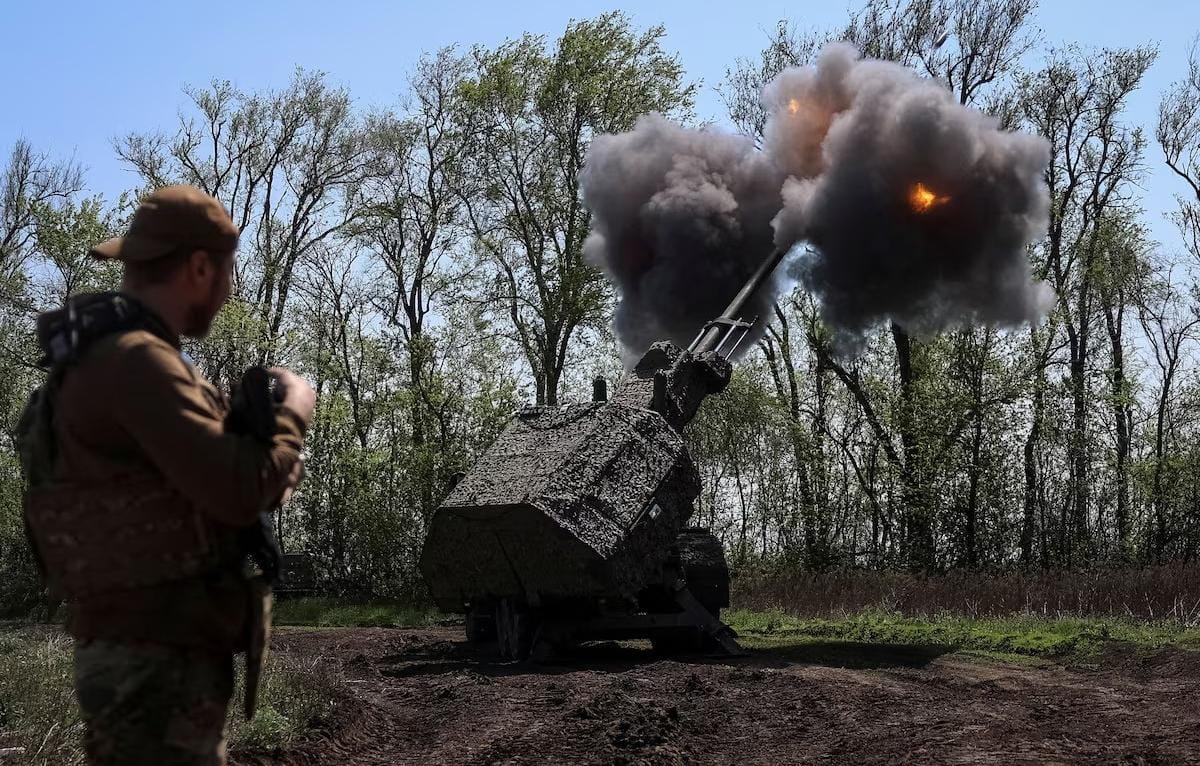
In a significant development from the Istanbul peace negotiations, Russian negotiators have presented a firm insistence that Kyiv must withdraw its forces from all territories claimed by Moscow prior to any ceasefire agreement. A senior Ukrainian official, familiar with the discussions, revealed that Russia’s demand was a non-negotiable precondition, effectively stalling the prospects for immediate peace.
The face-to-face negotiations, held on Friday, marked the first direct talks between Moscow and Kyiv since March 2022, a pivotal moment amid ongoing conflict. The talks, which lasted just under two hours—specifically one hour and forty minutes—culminated in an agreement to exchange 1,000 prisoners of war from each side, though details on the timing of this exchange remain unspecified.
Ukrainian President Volodymyr Zelenskiy responded to the developments with a call for tougher sanctions against Russia, echoing outrage over a deadly Russian drone strike that resulted in nine civilian passengers killed on a bus in the Sumy region of northeastern Ukraine. Zelenskiy condemned the attack as “deliberate killing of civilians,” emphasizing the necessity for international pressure to compel Moscow to cease hostilities. "Pressure must be exerted on Russia to stop the killings," he stated, warning that without sanctions and increased diplomatic pressure, Russia is unlikely to pursue genuine negotiations.
Russia, which maintains it targets only military objectives, refused to comment directly on the Ukrainian official’s account of the negotiations. The Kremlin’s spokesperson, Dmitry Peskov, indicated that the next steps involve prisoner exchanges and continued diplomatic work but refused to comment on specifics. Peskov also hinted that Russian President Vladimir Putin might meet Ukrainian counterpart Zelenskiy if certain conditions are met, though no such meeting has materialized, and Zelenskiy had previously challenged Putin directly to a face-to-face dialogue—an invitation the Russian leader has ignored.
On the ground, Moscow announced the capture of another settlement in eastern Ukraine, a move seen as part of their ongoing military campaign. Meanwhile, Kiev and Western allies, including the United States, have repeatedly called for an unconditional ceasefire lasting at least 30 days, viewing it as a critical step toward de-escalation. The Ukrainian official emphasized that Russia’s conditions—withdrawal from the Donetsk, Zaporizhzhia, Kherson, and Luhansk regions—were beyond the initial draft peace proposals circulated last month, which were formulated with U.S. consultation.
Turkey’s President Recep Tayyip Erdogan, who hosted the Istanbul talks, reaffirmed Turkey’s commitment to mediating, striving to facilitate dialogue between the conflicting parties. Yet, the international community remains divided on prospects for peace, with U.S. President Donald Trump exerting pressure on both Kyiv and Moscow to resolve the conflict swiftly.
Trump’s influence looms heavy, as he warned that U.S. efforts to broker peace would be halted unless tangible progress is made, casting doubt on the efficacy of ongoing negotiations. Subsequent to the Istanbul meeting, Ukraine has intensified efforts to garner international support for more robust measures against Moscow. British Foreign Secretary David Lammy criticized Russia’s apparent reluctance to engage seriously, questioning "at what point do we say enough is enough?"
French President Emmanuel Macron expressed frustration over the lack of tangible results from the talks, dismissing the proceedings as “fruitless.” Meanwhile, European Commission President Ursula von der Leyen announced that the EU is preparing a new package of sanctions aimed at further constraining Moscow’s economic capacity, although many experts question the potential impact after years of sanctions.
Uncertainty persists amidst the diplomatic deadlock, compounded by external political interference. Trump’s recent statements urging Zelenskiy to accept Russian offers for direct talks have complicated efforts, with the U.S. President emphasizing that no progress will occur until he meets with Russian President Vladimir Putin—a summit that Kremlin officials have indicated requires careful planning and is not imminent.
As the conflict continues to unfold with no clear end in sight, the international community watches closely, hoping for meaningful progress that can bring lasting peace to a region still devastated by war.



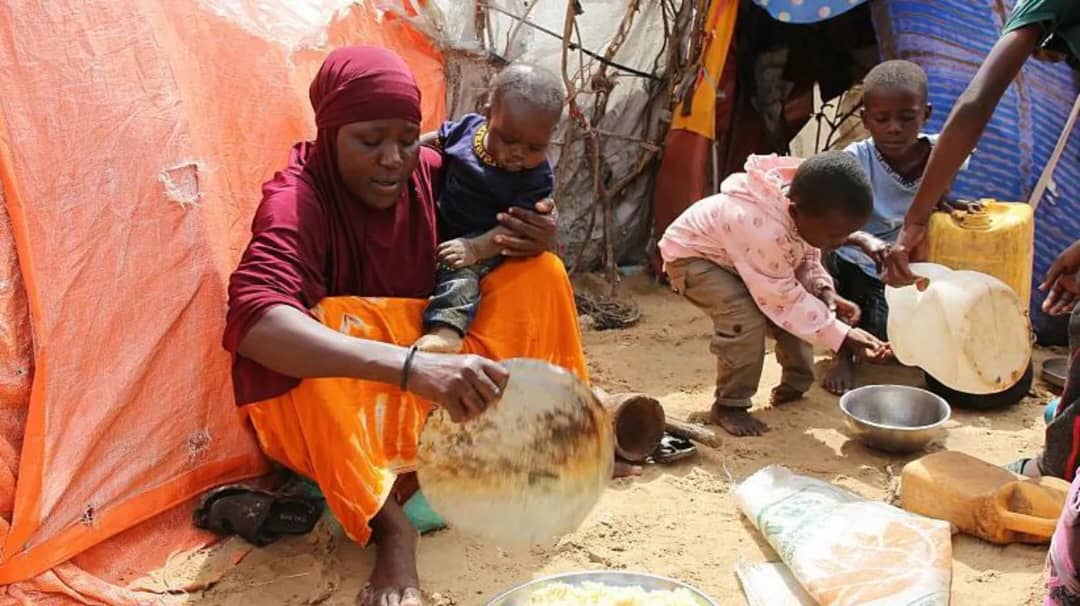
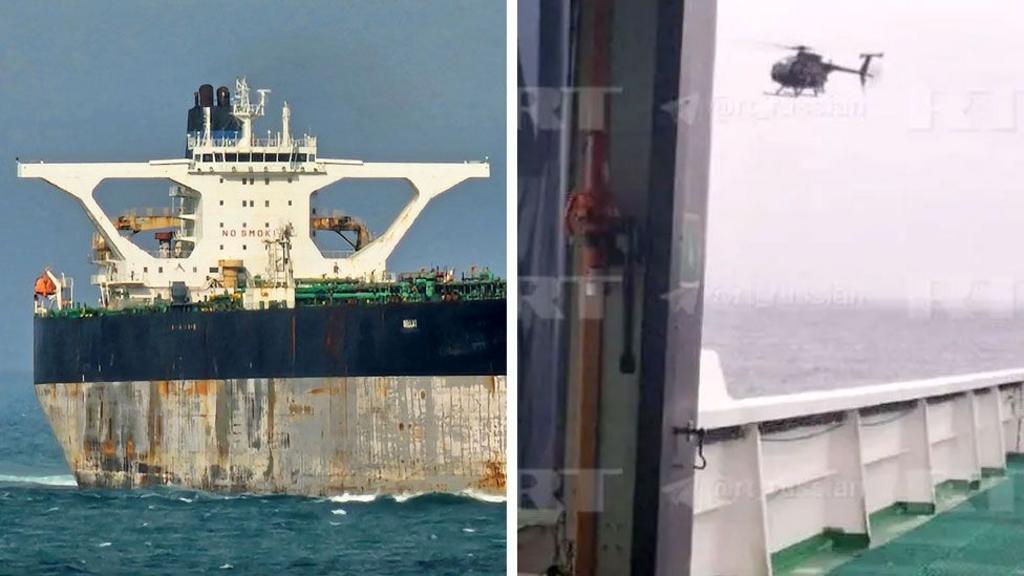
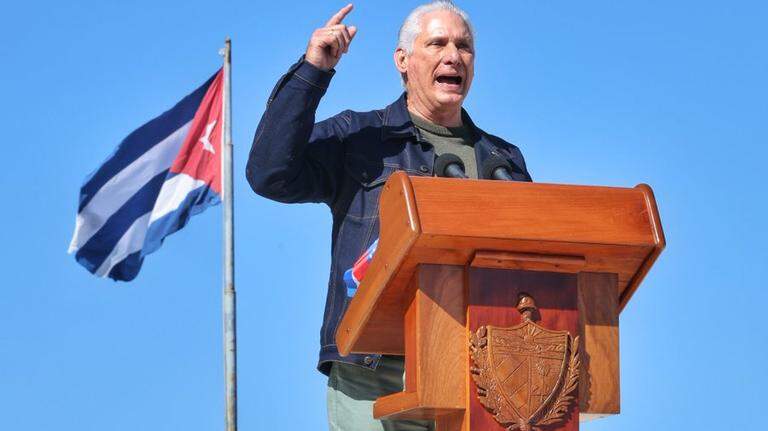
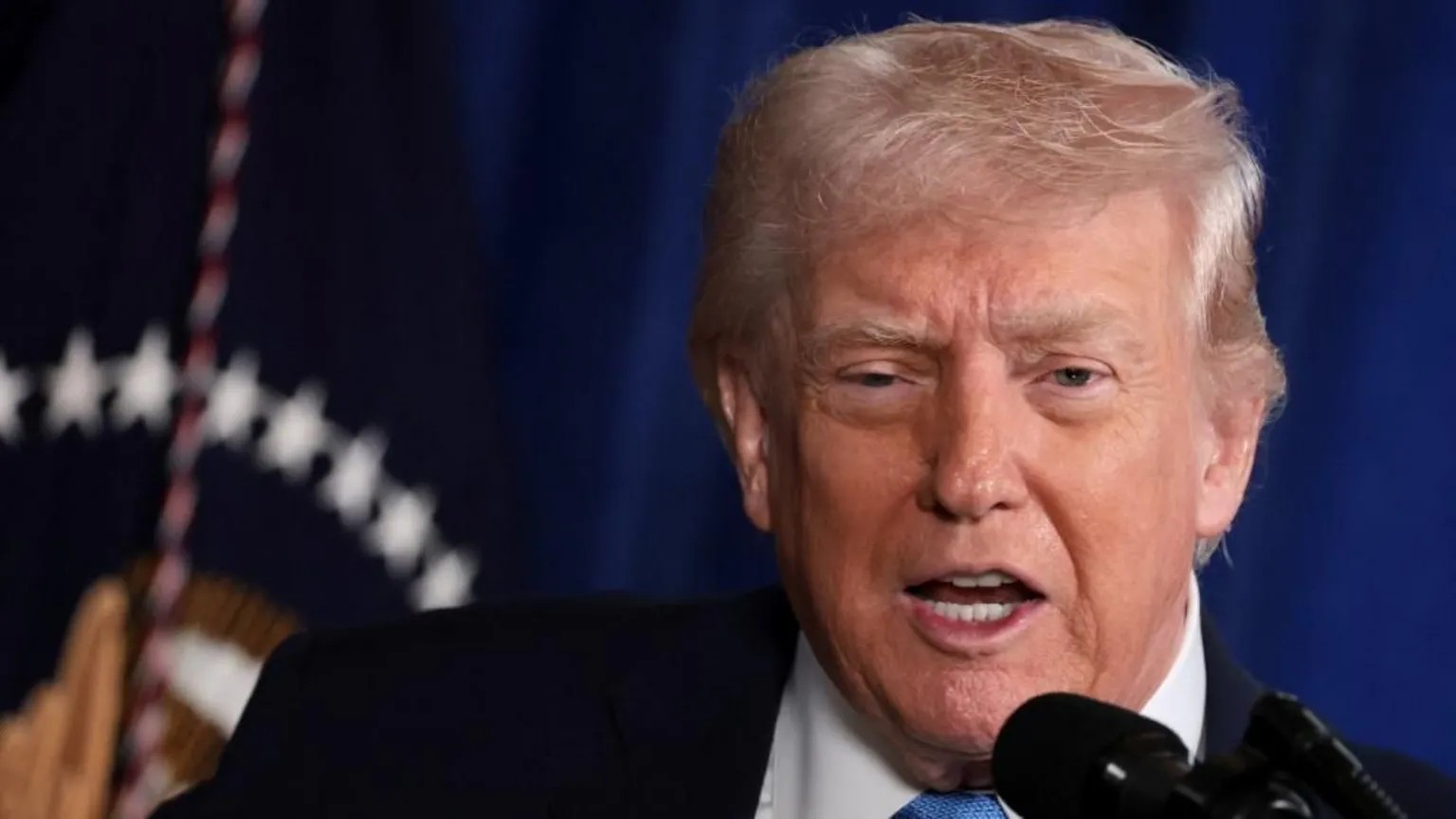
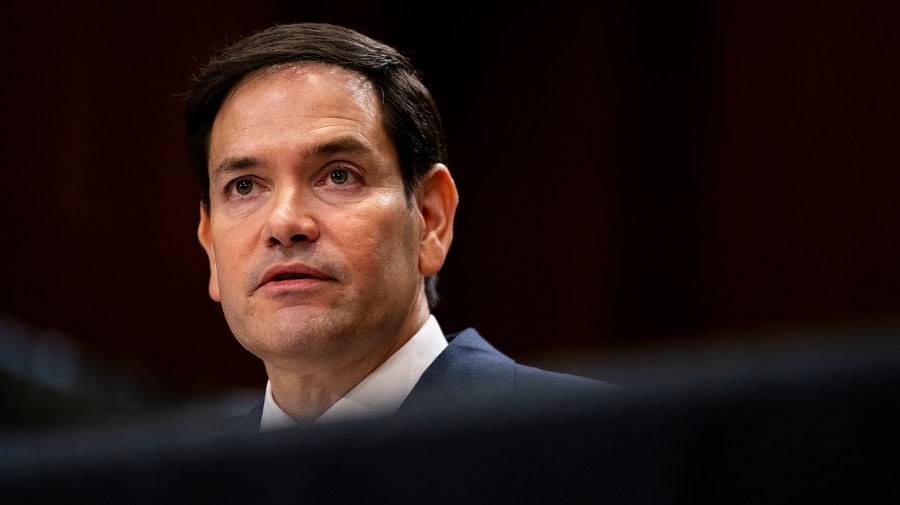
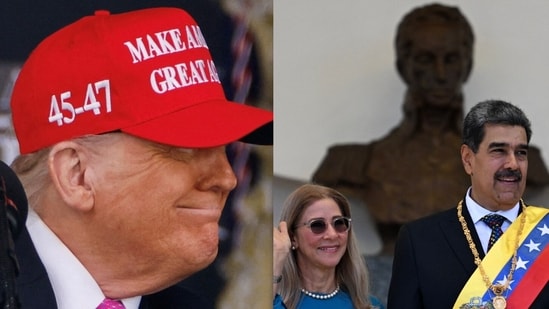
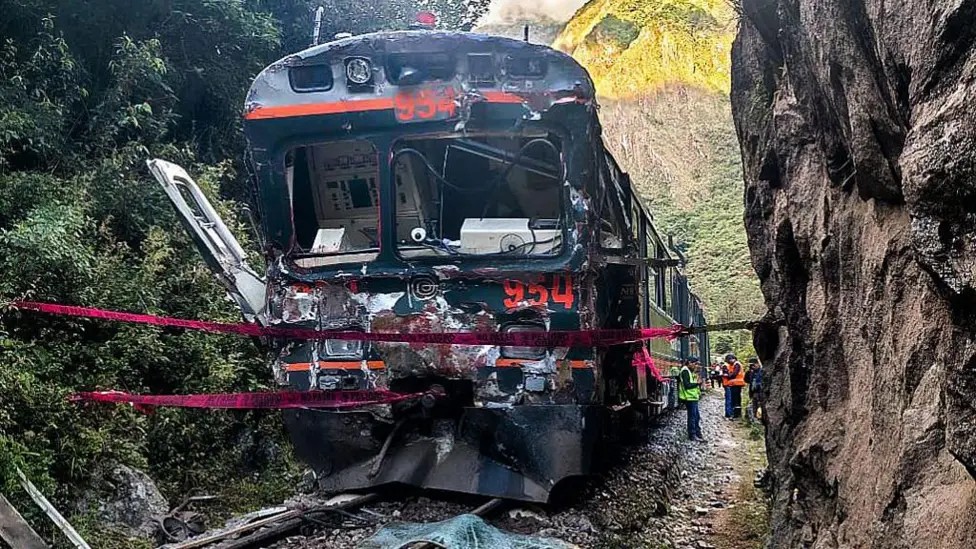
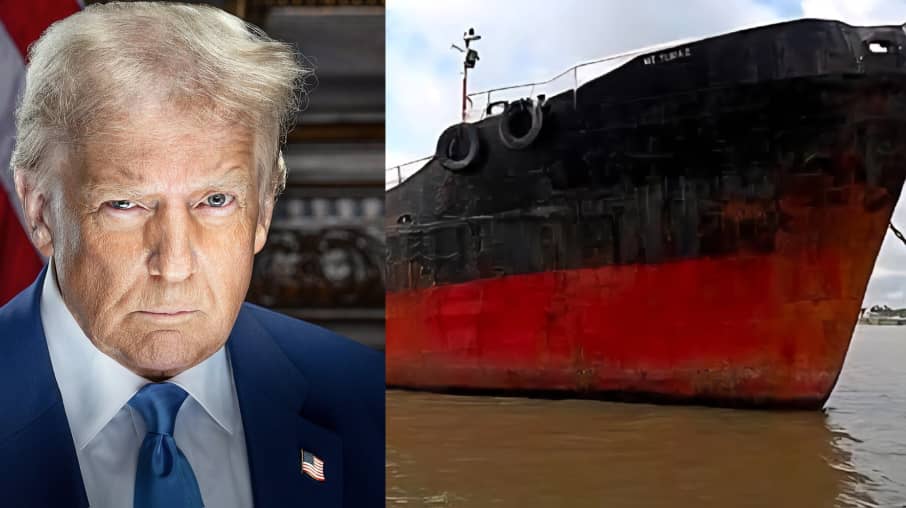
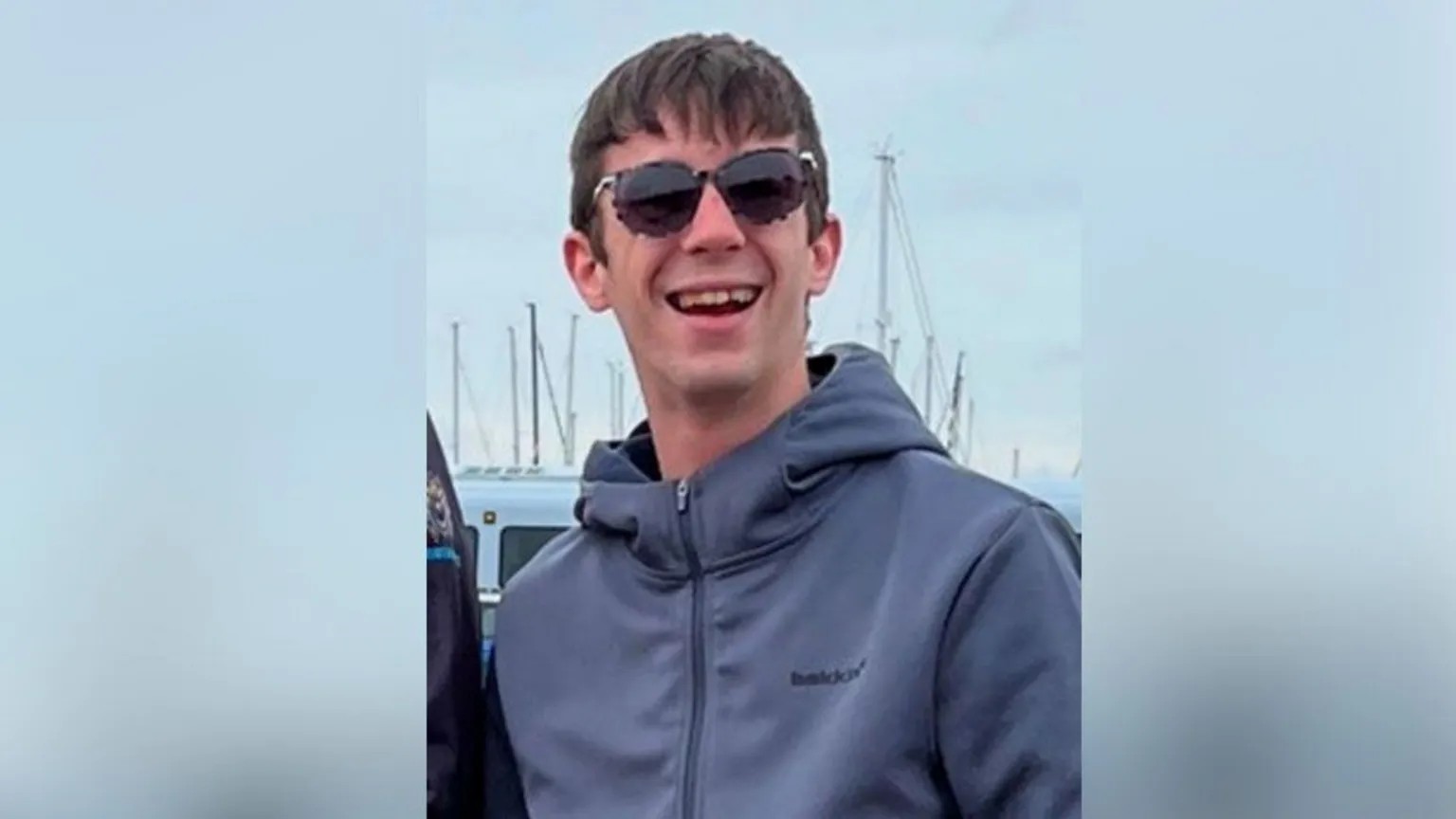
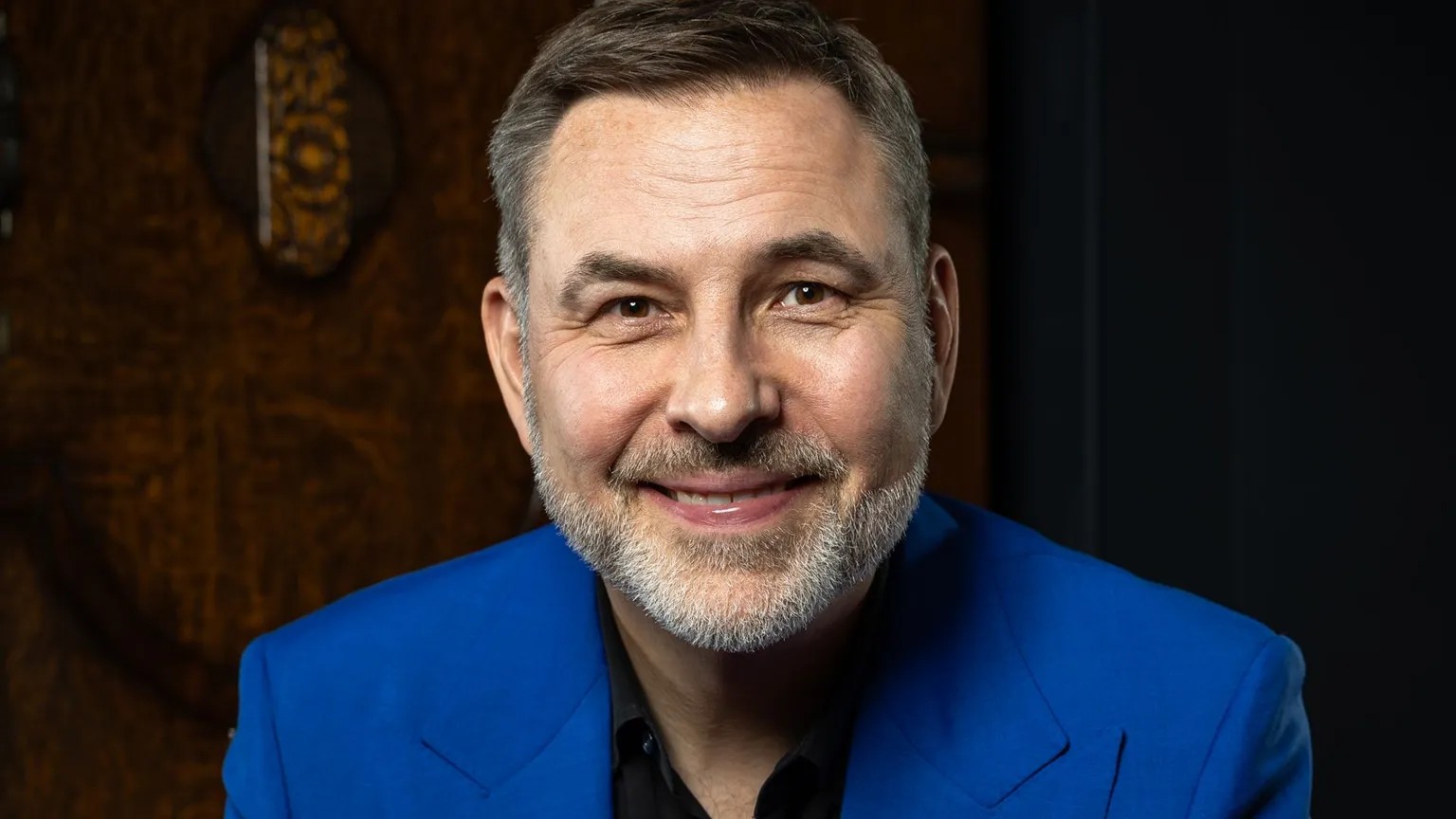
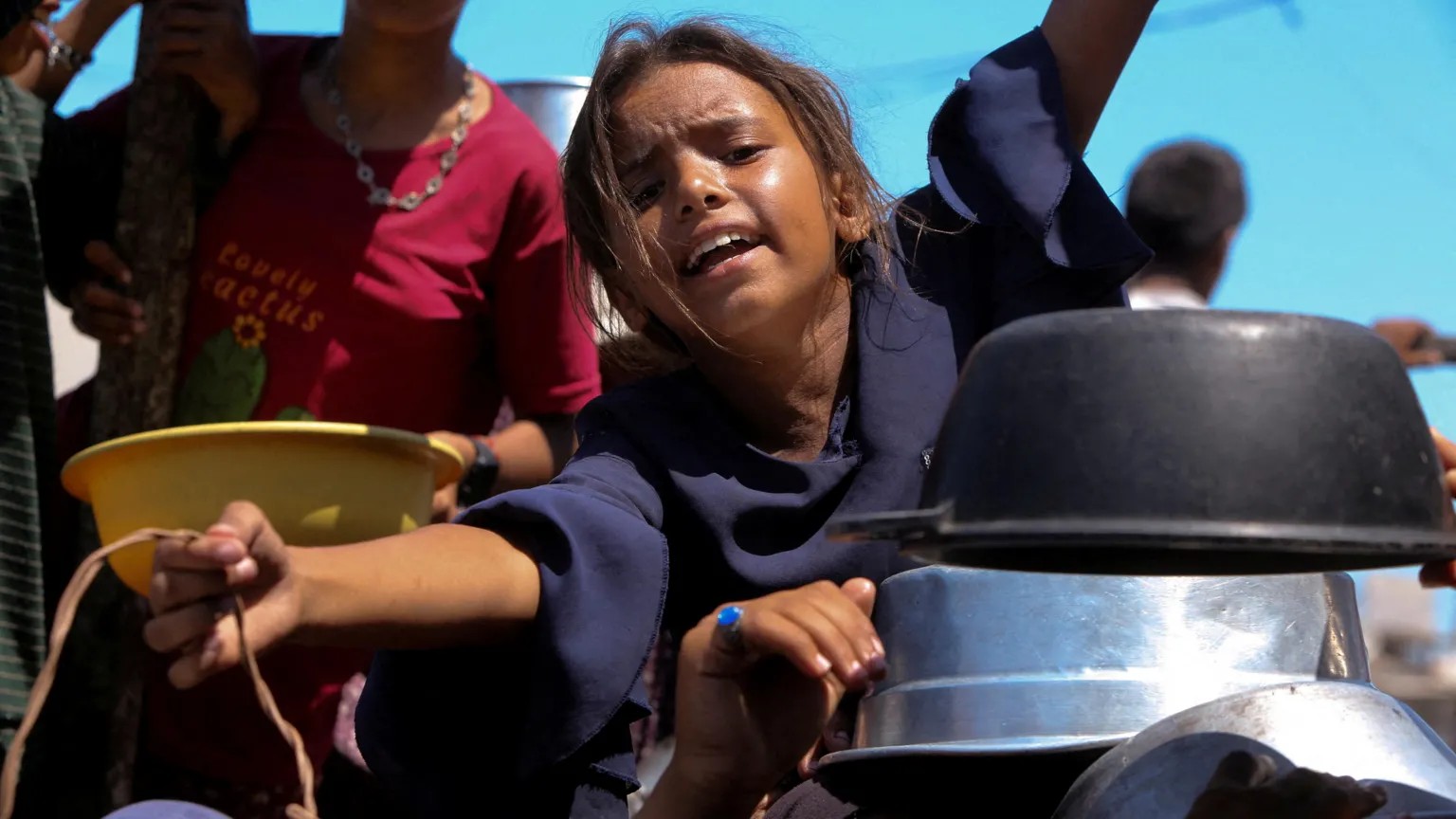
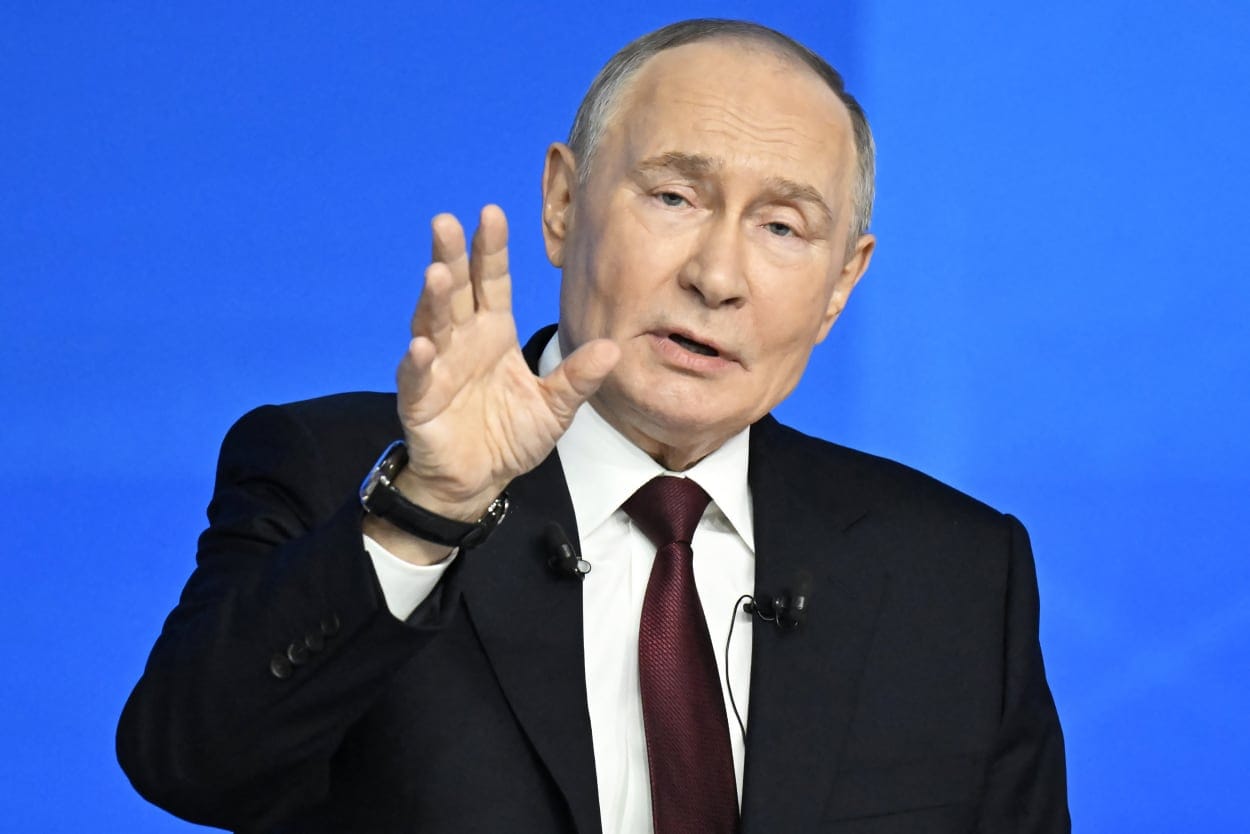

0 Comment(s)